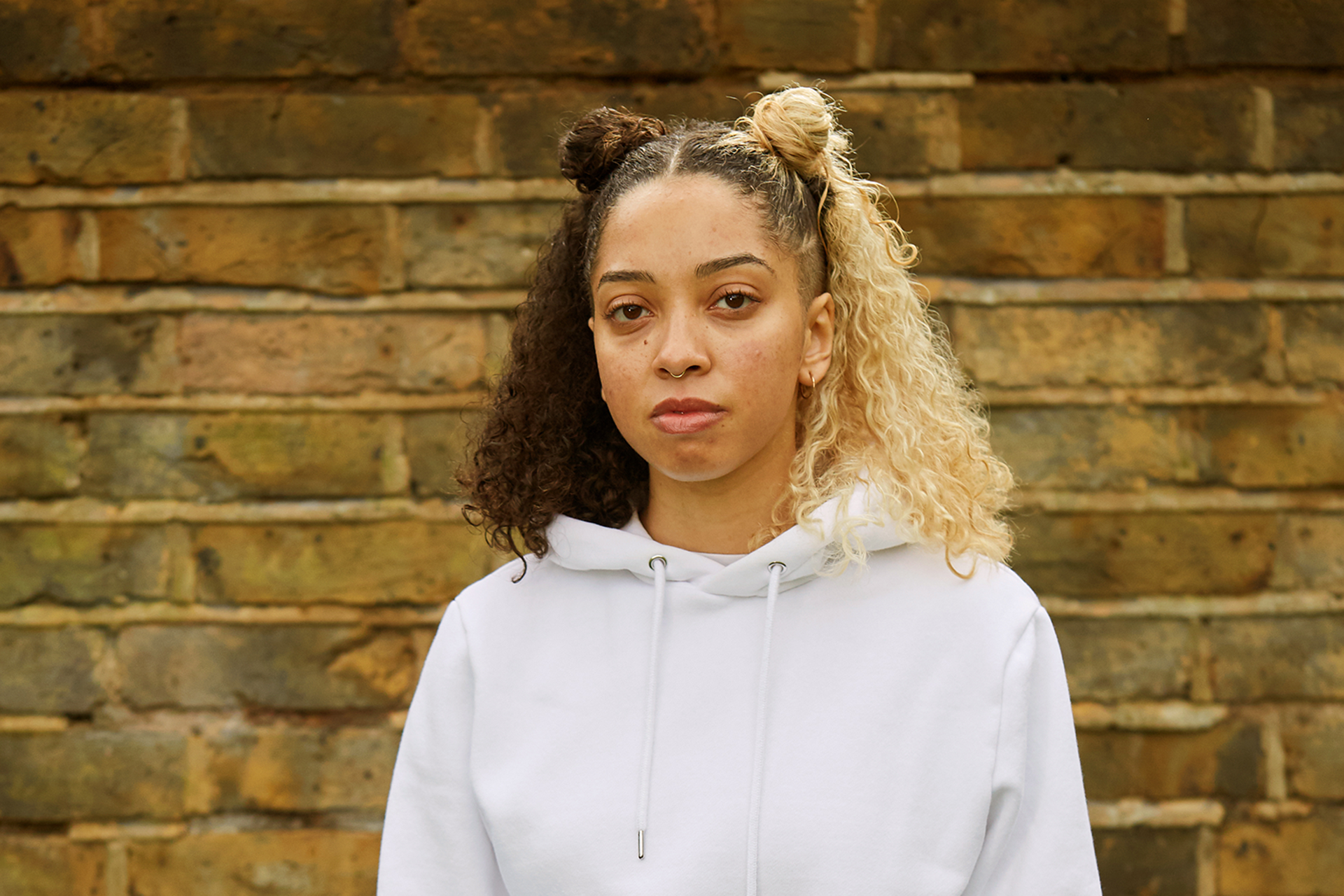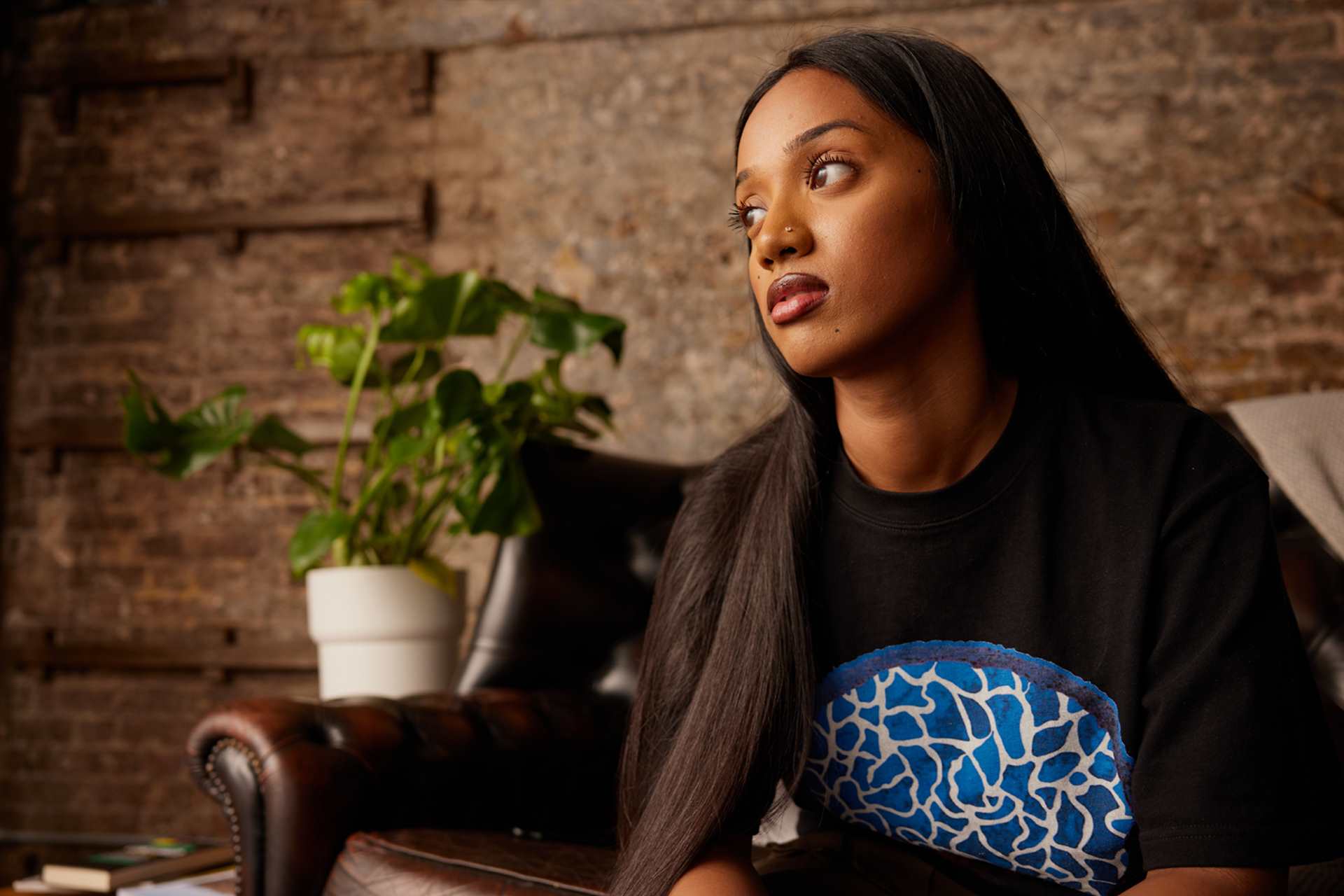Topics mentioned: gynaecology, endometriosis, getting support
About: Izabella shares her journey to getting an endometriosis diagnosis after years of being dismissed and in pain. She offers practical tips on preparing for appointments, finding support, and looking after yourself along the way.
In this blog I will refer to ‘gynaecology’. I do this as it is the most common department of healthcare to deal with the symptoms and conditions discussed. I am aware this term may exclude groups who can also be affected by health issues of this sort, such as Transgender, Non-binary and Intersex individuals. While I’ve used some terms for clarity and brevity, this piece is written with inclusivity in mind.
My personal experience of endometriosis began with crippling period symptoms as a teenage girl – something which for me was entrenched in shame and secrecy from the age of 12. Eventually, I spoke up to my family about it, and then to countless GPs, nurses and gynaecologists. I wanted to speak to anyone I could get an appointment with because the impact on my day-to-day life was immense.
The emotional toll of seeking answers was heavy. I was often left feeling it wasn’t worth the distress and exhaustion of fighting. But slowly, over time, I gained understanding, support, confidence, and eventually my diagnosis. I was 20 when I finally had my diagnostic laparoscopy, eight years after I first saw a doctor about my symptoms. It was a long journey, but now I can confidently say my proudest achievement in life is getting my endometriosis diagnosis. For me, it was worth every moment. I now better understand my body and what it goes through, and I’m able to take steps towards easing the symptoms and their impact on my life. The diagnosis gave me power over my body. It gave me my health back.
Despite feeling dismissed, minimised and at times ‘hysterical’, I knew something was wrong and stood up for myself as best I could. I believe this persistence is what got me my diagnosis. But I know this was only possible because of my education, support network and access to information. That’s why I want to pass on what I learnt along the way, so you can have an easier time getting the answers you deserve. Here are my top tips.
But slowly, over time, I gained understanding, support, confidence, and eventually my diagnosis.
Get support from organisations
The NHS is a wonderful resource I am endlessly grateful for. They care for myself and many important people in my life. Those working for the NHS make unimaginable sacrifices in order to provide the best care they can and we must acknowledge that. However, often with gynaecological issues, funding, research and training is severely lacking, with more than double the number of people on gynaecology waiting lists in 2024 compared to 2020 in the UK (Mundasad and Burns, 2024).
Alongside pursuing NHS care, I would strongly recommend seeking guidance, support and information from other sources. A saving grace for me was Endometriosis UK. They have online information, a template letter to take to your GP if you suspect you have endometriosis, and support groups across the country.
Join a support group with Endometriosis UK
Attending a support group can be a great way to meet others going through similar things. Some people might be at a similar point on the journey, while others are decades further down the line, but all of them with knowledge to share. And in these scenarios, knowledge really is power. Power to advocate for yourself, to make educated decisions and to help yourself alongside relying on others.
Alongside pursuing NHS care, I would strongly recommend seeking guidance, support and information from other sources.
Be prepared for your GP appointment
You might have to go to the GP a lot, so it’s helpful to be prepared. Here’s my ‘Going to the doctors’ checklist:
-
Write a symptom diary recording things like pain, fatigue, bloating and bowel movements. You can add details about frequency, severity, whether it’s related to your menstrual cycle, the impact it has on daily life and any medication or other pain relief used. This removes the pressure of needing to remember everything on the spot during your appointment and gives your healthcare professionals the best understanding of what you’re dealing with.
-
Set a clear aim for what you want to get out of the appointment. If it’s a GP appointment, I’d recommend asking directly for a referral to a gynaecologist who specialises in endometriosis and maybe for stronger pain relief so you can get back to school or work. Having an aim allows you to know what a successful appointment looks like so you can work with your care team to achieve that.
-
Bring someone with you to your appointment, preferably someone who knows your struggles and can advocate for you if needed. This will help during the appointment as you have emotional support, a second voice, and someone to debrief with on what happened and how to move forward. I often forget what is said at appointments as there are so many things to think about but my mum is great at reminding me!
-
Treat yourself afterwards. It can be a stressful situation and you should acknowledge that you have done a hard thing and are one step closer to answers thanks to your hard work. Visiting a café is my favourite way to unwind and treat myself after appointments.
-
Unfortunately, the current reality is that in most areas there are long waiting lists to see gynaecologists, so it’s important to be realistic and prepare for possible delays. I suggest connecting with support groups to learn from others and have a safe space to talk about your own experience. You can also try using self-care strategies to manage what can be a very challenging time. Most importantly, give yourself grace during this wait – you’re dealing with a hard experience that most others can barely imagine facing.
Pursuing answers about your body is an emotionally draining experience, especially with the current state of the NHS and gynaecological care. You are not alone, you deserve help, answers and a life without pain, these things are possible. If you take one thing from this blog, let it be to be kind to yourself through this process and know there is hope.
More information and advice
Where to get help
-
Childline
If you’re under 19 you can confidentially call, chat online or email about any problem big or small.
Sign up for a free Childline locker (real name or email address not needed) to use their free 1-2-1 counsellor chat and email support service.
Can provide a BSL interpreter if you are deaf or hearing-impaired.
Hosts online message boards where you can share your experiences, have fun and get support from other young people in similar situations.
- Opening times:
- 24/7






